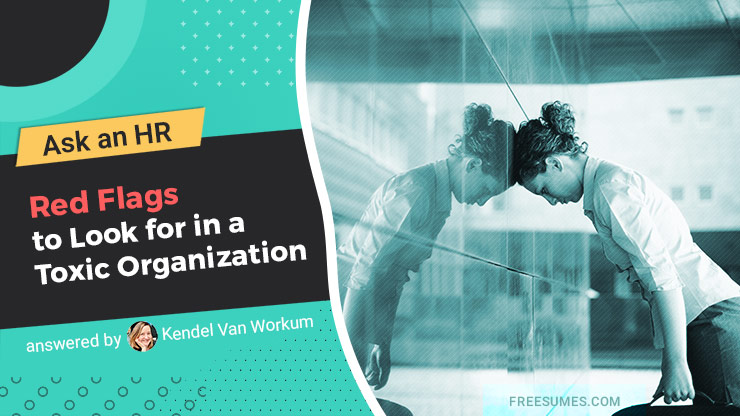It might not be obvious from the outset if your new organisation is a good fit or has a thriving culture. However, there are some signs to look for to determine if the working environment is toxic.
Each week, we answer your most burning questions about job search, interviews, and career. Have a question for an HR but haven’t had the chance or courage to ask? Just tweet it to @freesumes with the hashtag #AskAnHR and we might feature your question and your tweet in our next edition.
Employees don’t speak well of their team, manager, or the organisation
If you listen carefully, employees will tell you if the organisation is toxic. A few negative or disgruntled people are normal, but if you hear the same comments from many people, there could be a problem. Complaints in a dysfunctional workplace include a lack of overall direction, no support, burnout, or poor management.
Lack of shared purpose
If you are not clear on the purpose of the organisation or what they are trying to achieve short or long term it is hard to be motivated. A toxic organisation might poorly communicate how employees contribute to the success of the business. Check if all leaders and employees have the same messaging and directives.
Manager directives frequently change
One minute you have a clear priority, and the next, your manager asks you why you haven’t done something else. While deadlines, priorities, and expectations can be fluid and change, there should be clarity about what you need to achieve and your end goal. If your directives are constantly changing, this could signal that the executive team is not aligned, and you may struggle to find purpose and achievement in your role.
There is a culture of blame
If you frequently hear people say, ‘that’s not my job,’ or ‘I wasn’t told that,’ there might be a lack of accountability. Hearing colleagues blame others could signify that people are too afraid to speak out or admit they have missed something because of fear of consequences. Alternatively, it could mean there is a lack of engagement from employees because expectations are not clear.
You don’t feel psychologically safe
If you don’t feel comfortable asking for help, direction, or being yourself, this could be a bad sign. A good culture is one where you are encouraged to offer ideas, are listened to, and are allowed to make mistakes without judgment. If employees fear management, this is a big red flag. Consider how often your manager or team checks in on you and supports you.
People don’t stay
The days of staying at the same job for ten years might be behind us, but high turnover can signify deeper issues. Look out for new people leaving within the first few months and frequent changes in management or structure, as poor leadership and a toxic culture may result in people voting with their feet.






